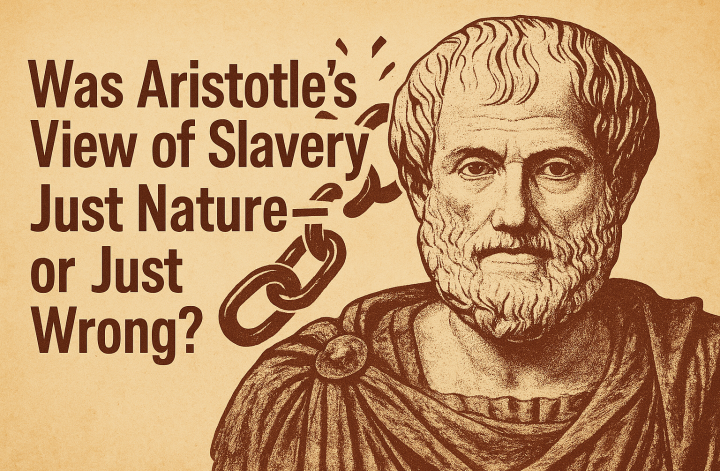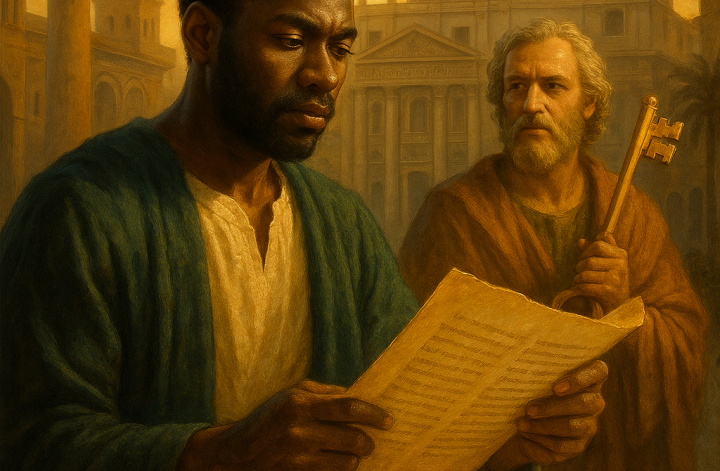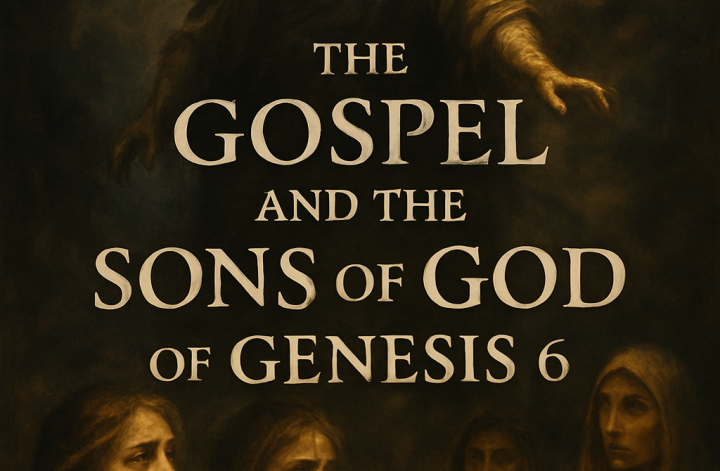The Easter Story Retold: How It All Started
According to the Christian calendar, the Holy Week commemorates the most important week ever in the cosmos’ billion years of existence. It is the week of Easter or, to be more inclusive, the week leading to Resurrection Sunday. The idea that one week can identifiably be more significant than all others may offend a thinking mind at first. After all, we have repeatedly heard the argument that our earth is only a speck in the big picture of things. It is an argument asserting that size matters. Ordinarily, I would agree with the argument, but there are exceptions. People do not usually conclude, for instance, that the butt is more important than the brain due to size. Similarly, a speck of uranium may be considered more important than the mountain of trash standing over it.
For generations, churchgoers have been taught to believe that a Messiah became necessary because of Adam and Eve’s sin, but that is an incomplete story that accounts for only one-third of the data. To be sure, the story arc resulting in the Messiah’s coming began with Adam and Eve, but there is more. Let us begin from the beginning.
So, how did we get here? As far as we can tell, an uncreated creative mind wanted to get to work. Evidently, it was not his first attempt at creating. He had already created a myriad of essentially immaterial beings “eons” prior to the “moment” he decided on another project. Undoubtedly, there were innumerably infinite ways the project could have taken shape. But just as he had to narrow down the options with his other creative projects, he must do the same here. God decided to make a class of beings constructed of molecules for unrevealed reasons – a terrifyingly complicated undertaking.
How do you build a being from molecules? Easy — you start with, well, molecules! The problem is that molecules did not exist yet. So, the ultimate project must wait as God began by creating the Carbon, Hydrogen, Oxygen, Phosphorus, Sulphur, and other isotopes needed to make the molecules from which his end product would be constructed. But how long would the construction project have to wait? It is not very long – only about 30 million years, which apparently equals about a few days in God’s reference scale. Once the material universe was in place with its arrays of stars coming into and out of existence and all the requisite atoms were available, God could initiate the building of functional molecules.
It soon became clear that God did not want wild humans. Hence, though he had caused vegetation to spring up everywhere on the blue globe, he yet proceeded to carve out a garden for the creature he was about to construct. The human was going to be cultured. After arrangements for human flourishing were in place, God finally built his project after waiting a few million years, a dating that excludes moments “before” the cosmos came to be. The human God created was neither male nor female. It was a genderless composite. In time, it became apparent that the human would not optimally flourish in its composite state. It must be split equally into two complementary forms. Hence, God formed the woman from a rib of the human he had made. It is interesting to note that the Hebrew term for “rib” is a construction term often used to describe a side of a temple. Here, then, is how we finally got the gendered male and female humans. She was in no way inferior to the man. Yes, she was a suitable “help” for the man, but “help” often describes how God is a “help” to humans. If “help” suggests any asymmetry, it is probably in the other direction.
I wish they lived happily ever after, but there would not be a worthwhile story if they did. Some of God’s earlier creations were not down with God’s new hairy creatures. It is not immediately clear if it is the hair or something else, but those older immaterial beings were ticked. Soon enough, they figured out how to mess up God’s project. They would corrupt the young creatures before they have exercised their spiritual muscles unto maturity. Obviously, this implies that the hairy creatures were not incorruptible. If they became corrupted, it was because they could be corrupted. They were not perfect, only good. Very good, actually. Sinister forces succeeded and corrupted the humans.









